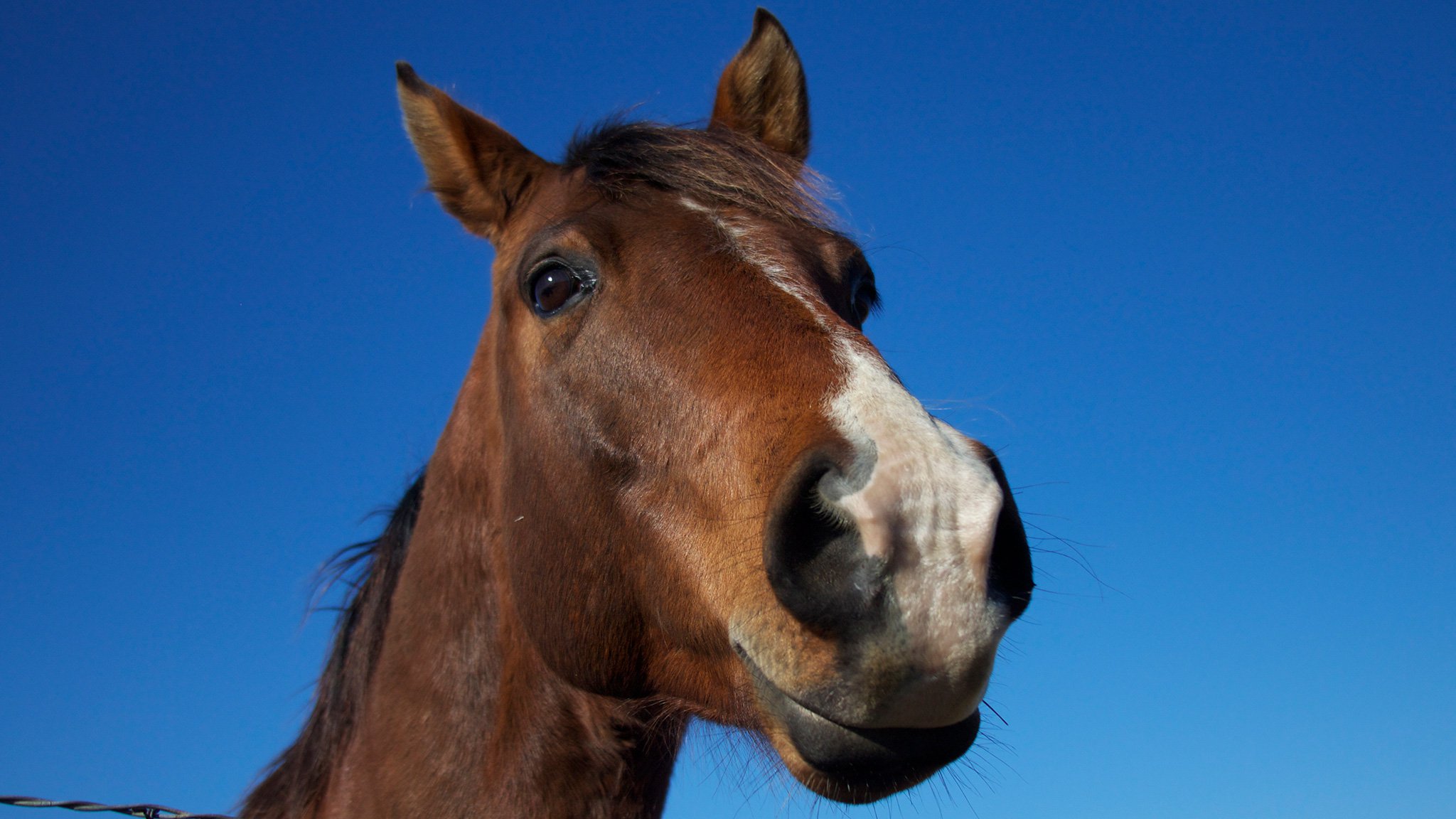
Horses have between 36 and 44 permanent teeth, depending on the breed and age of the horse. These teeth continue to grow throughout the horse's life and are worn down by the roughage they eat.
Horses have a unique set of teeth compared to other mammals, they have incisors in the front of the mouth used for biting and chewing food, canines (also known as tusks or nippers) that are rarely present, premolars for grinding food, and molars in the back of the mouth that are used for chewing and grinding rough feed.
In addition to their permanent teeth, horses also have "baby" or "milk" teeth, which are replaced by their permanent teeth as they mature. The process of losing their baby teeth and growing their permanent teeth is called "shedding their caps."
The process of shedding caps and growing permanent teeth can continue until a horse is 6 to 7 years old, after which their teeth stop growing and begin to wear down. This is why it's important to regularly have a veterinarian check a horse's teeth, as issues such as improper wear or the development of dental problems can greatly affect a horse's ability to eat and maintain their overall health.
In order to maintain healthy teeth, horses need a balanced diet that includes adequate amounts of roughage, such as hay and pasture grass, as well as adequate amounts of essential nutrients. Regular dental check-ups and floating (filing down sharp edges) by a veterinarian can also help to ensure that a horse's teeth stay in good condition.
In summary, horses have between 36 and 44 permanent teeth that continue to grow throughout their lives, and it's important to take care of their teeth to maintain their overall health and well-being.


